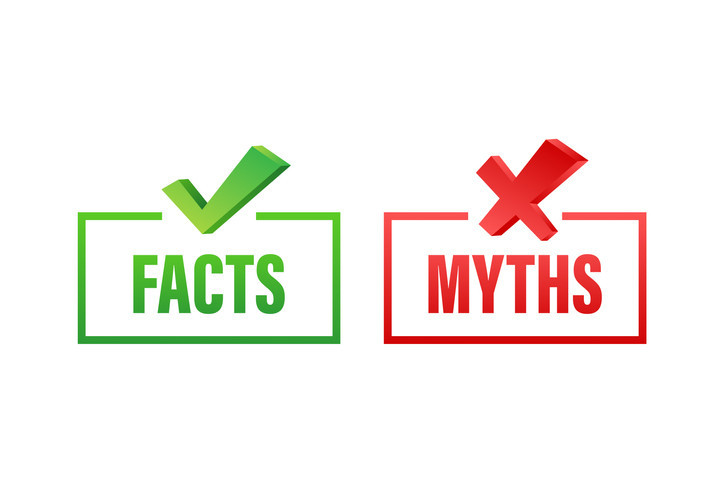
What are somatic workouts?

How to curb your stress eating

How to spot Parkinson’s disease symptoms

8 simple ways to reduce ultra-processed foods in your diet

Heart failure symptoms in women: How they’re different

GERD diet: Foods to avoid to reduce acid reflux

Strong is the new skinny

Everyday habits that sneakily weaken your bones

Don’t wait to get help for back pain

Correcting how you walk may ease osteoarthritis knee pain
Diseases & Conditions Archive
Articles
How your dentist could save your life
Dentists can help detect health problems far beyond the mouth. These conditions include oral cancer, diabetes, sleep apnea, osteoporosis, acid reflux, and eating disorders. People can maximize their dental check-ups by sharing health updates and voicing health concerns. Only two-thirds of Americans visited the dentist in the past year, and many avoid dental visits due to fear or embarrassment. There are many strategies to help people tamp down these emotions, including music, relaxation, and medication.
CDC updates recommendations for pneumococcal and COVID vaccines
In October 2024, the CDC lowered the age for healthy adults to receive a pneumococcal vaccine to 50 from 65. It also recommends a second dose of the 2024–25 COVID vaccine for people 65 and older and immunocompromised people six months after their last dose.
How winter affects chronic conditions
Certain strategies can help people avoid flare-ups of diseases that seem to be affected by cold weather. For example, people with psoriasis can ward off dry skin (which causes flare-ups) by taking short, lukewarm showers, using a humidifier at home, and moisturizing with cream-based emollients. People with asthma should try to do outdoor activities during warmer parts of the day, take a puff of a rescue inhaler before going out, and wear a mask when outdoors. And people with arthritis can exercise and try heat therapy.

What are somatic workouts?

How to curb your stress eating

How to spot Parkinson’s disease symptoms

8 simple ways to reduce ultra-processed foods in your diet

Heart failure symptoms in women: How they’re different

GERD diet: Foods to avoid to reduce acid reflux

Strong is the new skinny

Everyday habits that sneakily weaken your bones

Don’t wait to get help for back pain

Correcting how you walk may ease osteoarthritis knee pain
Free Healthbeat Signup
Get the latest in health news delivered to your inbox!
Sign Up











